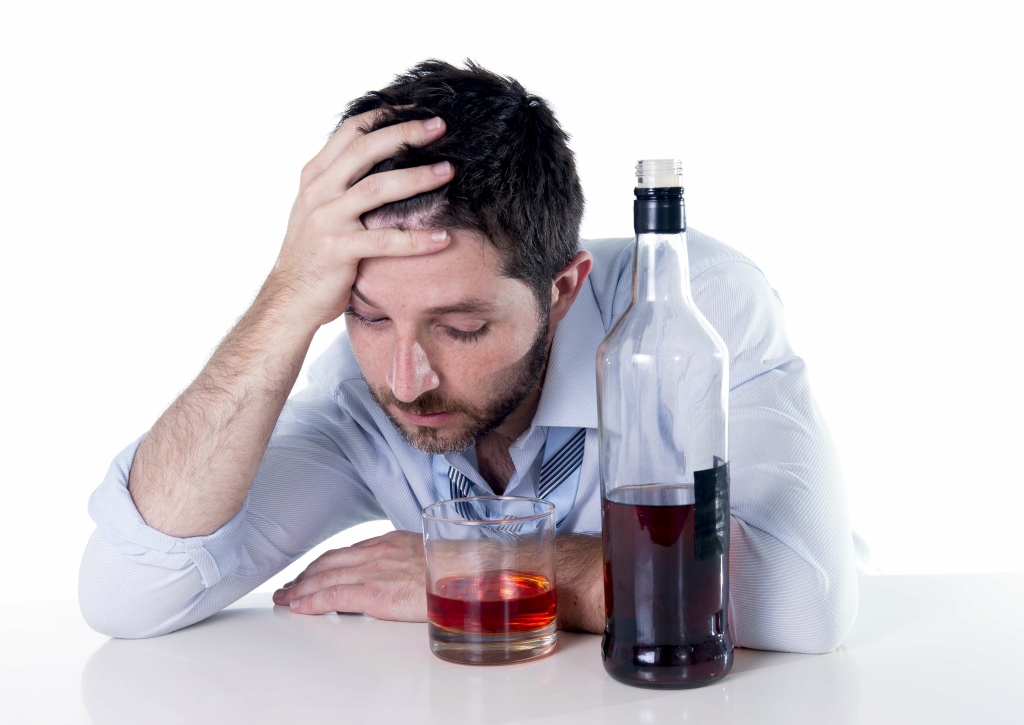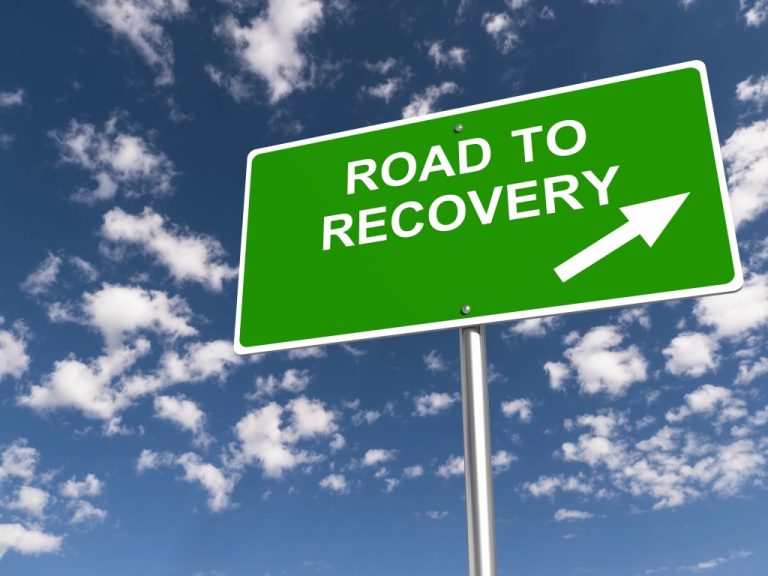It involves the process of clearing the body of drugs or alcohol that an individual has consumed. The primary purpose of detox is to safely manage withdrawal symptoms when someone stops taking drugs or alcohol, ensuring their physical stabilization and readiness to begin therapy for overcoming addiction 6. After experiencing a relapse, seeking professional help is highly recommended. Different treatment programs offer various levels of care, including inpatient, outpatient, or other options.
Phase of treatment involving continuous on-site supervision in a treatment facility. Residential treatment facilities provide clients with a more comfortable and home-like environment than an inpatient program, as clients will be staying there longer, usually for six months or more. https://thespice.net/we-take-care-of-the-eyes-correctly.html Residential treatment is often done as a follow-up to an inpatient treatment program. Nar-Anon is a branch of NA that focuses primarily on the family members and friends of those who struggle with substances other than alcohol. A dysfunctional relationship in which one person relies on another to an unhealthy extent. This often leads to enabling when the other party suffers from substance use disorder.
AA, Alcoholics Anonymous

Studies of outcome of addiction treatment may use one term or the other, but they typically measure the same effects. Still, some people in the addiction-treatment field reserve recovery to mean only the process of achieving remission and believe it is a lifelong enterprise of avoiding relapse. Recovery suggests a state in which the addiction is overcome; clinical experience and research studies provide ample evidence. For all practical purposes with regard to drug use, the terms remission and recovery mean the same thing—a person regaining control of their life and reversing the disruptive effects of substance use on the brain and behavior.
- When a person decides to stop drinking, using drugs, smoking cigarettes etc. without medical assistance such as that provided during detox treatment.
- When a person has formed a physical or psychological addiction or habituation to mood or mind altering chemicals such that cessation from the drug(s) will cause withdrawal symptoms.
- When a person continues to use drugs and alcohol despite negative consequences.
- They can answer your questions, explain your options, and help you begin your recovery journey.
The Sober Stoic: Time – Life is Not Short
Fill out the form below and one of our team members will reach out to help you get started. BrightView offers outpatient treatment, which does not require the patient to stay overnight. Inpatient care generally refers to any medical service that requires admission into a hospital or a treatment center, https://www.mobipower.ru/modules.php?name=Pages&pa=showpage&pid=24 where a patient stays overnight. It’s important to note that the presence of risk factors during these stages increases the likelihood of relapse. The greater the number of risk factors, the higher the risk of relapse.
- Avenues Recovery, leaders in addiction rehabilitation, have compiled the following list of addiction recovery terms.
- Below are a few medications mentioned in interactions with a care team.
- Even people with severe and chronic substance use disorders can, with help, overcome their illness and regain health and social function.
- Choosing the right support group depends on personal preferences and finding a group that feels right for you.
Alcohol-Free Recipe Books & NA Brands For The Sober People In Your Life

It’s vital for addicts to reach this point of desperation where they can no longer cling to the fantasy that they can will themselves out of their addictions on their own. In recognizing their “powerlessness,” they are, in essence, surrendering to their own will and stubbornness of self-determination. By saying they were powerless over their addiction, addicts are paradoxically taking ownership of their lives. Many people are consuming significant amounts of alcohol and cannabis daily. This can affect their ability to care for themselves, their families, and their communities. Studies have revealed that obesity and eating disorders disrupt the brain’s normal response to food entering the stomach and decrease dopamine levels in the brain’s reward system.
By engaging in aftercare, individuals can strengthen their recovery journey and minimize the risk of relapse. It provides a valuable safety net and a means to access additional support and guidance when needed. Different therapeutic modalities, such as cognitive-behavioral therapy (CBT), dialectical behavior therapy (DBT), and motivational interviewing, may be employed based on the individual’s unique needs and circumstances. The goal of therapy is to promote personal growth, enhance self-awareness, and empower individuals to make positive changes in their lives. Therapy provides a safe and confidential environment for individuals to explore their thoughts, emotions, and behaviors related to addiction. It helps individuals gain insights https://santoniinv.com/significance-of-drugs-in-our-day-by-day-lives.html into the root causes of their addiction, develop coping mechanisms, and acquire skills to overcome challenges.
Detoxification (Detox)
In addiction recovery, a sponsor is typically someone who has experienced similar challenges and has successfully maintained sobriety. Their role is to provide guidance, support, and accountability to others in their recovery journey. Sponsors often share their experiences and insights to help their peers overcome hurdles. These common addiction terms provide a foundational understanding of key concepts essential for individuals seeking to support themselves or others in the journey of recovery. Substance use disorder refers to the harmful or hazardous use of psychoactive substances, including alcohol and illicit drugs.

How to Drug Detox at Home
Someone who has left behind a career or lifestyle centered around alcohol consumption. A humorous term for individuals who used to experience blackouts due to excessive drinking. A combination of practices, programs, and activities people use to maintain and sustain recovery. An abbreviation for inpatient treatment, such as alcohol or drug rehab or psychiatric hospital stay. A specialized telephone service that provides support, information, and assistance to individuals in need.

Alateen is a part of the Al-Anon Family Groups specifically designed for teenagers (ages 13-18) who have been affected by someone else’s drinking, typically a parent or close family member. Like Al-Anon, Alateen operates on the principles of mutual support, confidentiality, and anonymity. It provides a safe space where young people can share their experiences, learn coping skills, and support one another in dealing with the effects of alcoholism in their families. Thus, a person can develop a chemical dependence but not have an addiction, and vice versa.












